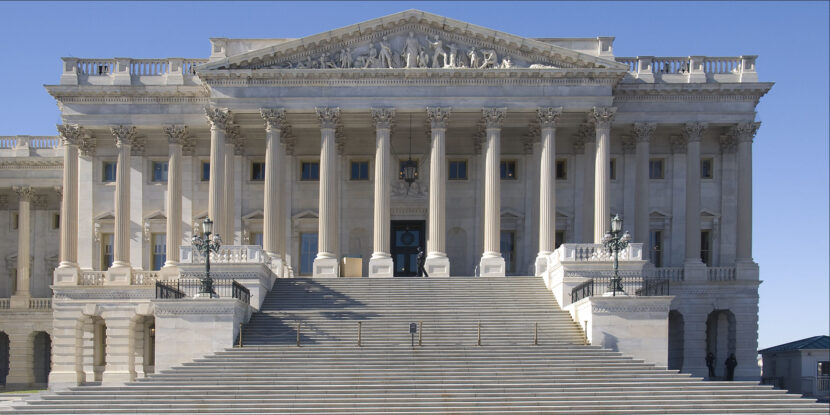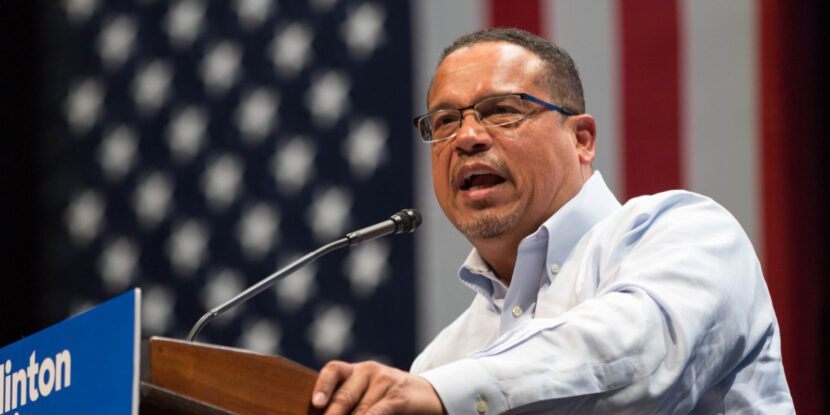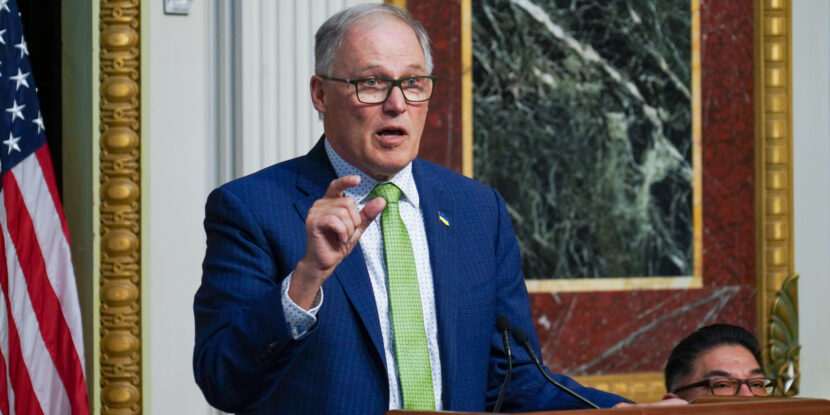❓WHAT HAPPENED: The U.S. Senate passed a $9 billion federal spending cuts package targeting foreign aid and public broadcasters accused of bias.
👤WHO WAS INVOLVED: President Donald J. Trump, Senate Majority Leader John Thune, NPR, PBS, and the United States Agency for International Development (USAID).
📍WHEN & WHERE: Early Thursday morning in the U.S. Senate, with a House vote expected this week.
💬KEY QUOTE: “It’s a small but important step toward fiscal sanity that we all should be able to agree is long overdue.” – John Thune
🎯IMPACT: The bill eliminates taxpayer funding for NPR, PBS, and foreign aid programs, aligning with Trump’s fiscal priorities.
The United States Senate approved the Trump White House rescission request early Thursday morning, cutting nearly $9 billion in previously appropriated spending, primarily for public broadcasting and foreign aid. Notably, the rescission package includes significant cuts to NPR and PBS, essentially cutting off the public broadcasters’ access to taxpayer dollars—marking a significant victory for President Donald J. Trump’s legislative agenda.
In addition to addressing funding for NPR and PBS, the rescission package also pulls back funding for grants handled by the now-defunct United States Agency for International Development (USAID). Despite having now passed the House and Senate, the spending clawback will need to head back to the lower chamber of Congress, as the Senate did enact some changes to the measure, including restoring funding for the President’s Emergency Plan for AIDS Relief (PEPFAR). The House must pass the rescissions by Friday for them to take effect.
The funding cut measure includes an $8 billion reduction in foreign aid, which includes several immigrant and refugee assistance programs. Several programs dealing with international disaster relief and global health initiatives will also receive significant cuts.
Senate Majority Leader John Thune (R-SD) described the move as “a small but important step toward fiscal sanity that we all should be able to agree is long overdue.” Despite resistance from two senior Republicans on the Appropriations Committee, Thune secured the passage of the bill with only a handful of changes.
Join Pulse+ to comment below, and receive exclusive e-mail analyses.




















